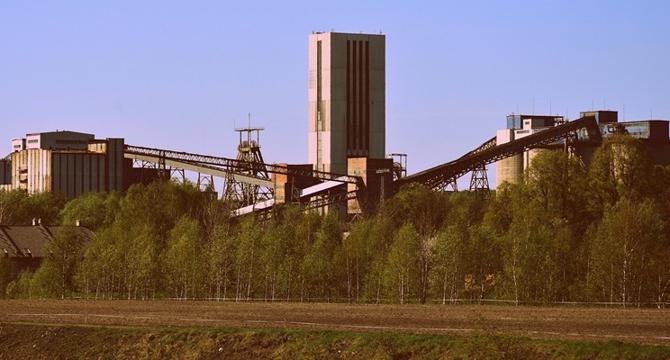TechBullion
1M
36

Image Credit: TechBullion
The Impact of Cleantech on Traditional Industries
- Clean technology, or cleantech, is revolutionizing traditional industries by prioritizing sustainability and environmental responsibility.
- Cleantech innovations are reshaping operations in energy, transportation, manufacturing, and agriculture, reducing negative environmental impacts.
- Renewable energy sources like solar, wind, and hydro are replacing carbon-intensive fuels in the energy sector, with major companies investing in clean energy portfolios.
- Manufacturing processes are becoming more sustainable through smart technologies, green innovations, and the use of sustainable materials.
- Transportation industries are transitioning towards electric vehicles, backed by advancements in battery storage and charging infrastructure.
- Agriculture is adopting cleantech practices such as vertical farming, precision agriculture, and biotechnology for ethical and sustainable food production.
- Integrating cleantech into traditional industries requires initial investment but leads to lower costs, new revenue streams, and financial rewards from investors and markets.
- Despite challenges like high initial costs and resistance to change, transitioning to cleantech is essential for legal compliance, financial survival, and long-term sustainability.
- Strategic integration of cleantech through sustainability audits, partnerships with cleantech firms, employee training, and data analytics can facilitate a smoother transition.
- Embracing cleantech not only benefits the environment but also offers competitive advantages, innovation opportunities, and long-term viability for traditional industries.
Read Full Article
2 Likes
For uninterrupted reading, download the app